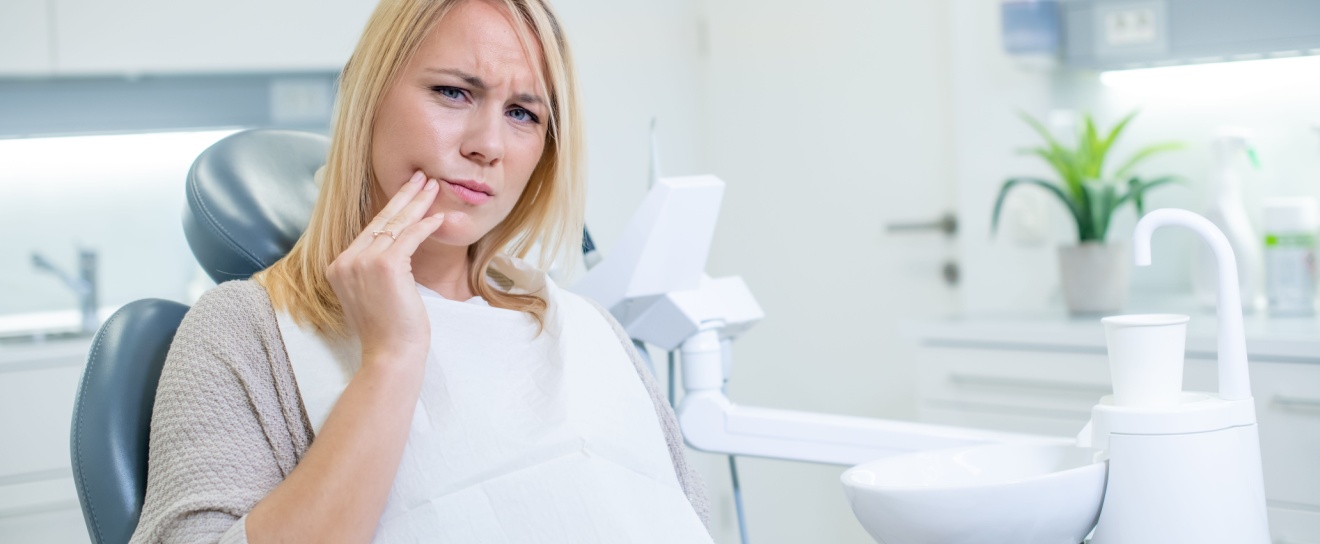No one wants to deal with a dental emergency. Dental emergencies are painful and often require quick intervention from your dentist. They are also disruptive and typically happen at the most inconvenient times. Some types of dental emergencies can be prevented with a few proactive steps. Others cannot be foreseen, and you simply have to deal with them as they come. Common causes for dental emergencies include decay, eating, and accidents.
Decay
Oral pain related to decay is a common cause for dental emergencies. You may have experienced this type of pain before. A toothache may start out as an annoying but bearable type of pain. Unfortunately, this type of pain can quickly become unbearable. At the point where decay is causing pain that keeps you from eating, sleeping, and functioning normal it is likely a dental emergency. Taking steps to prevent decay can help you minimize your chances of having a dental emergency related to pain. The most effective way to prevent decay is to be consistent with your oral care routine. Brushing, flossing, and visiting the dentist regularly are three things you can do to prevent decay and potential dental emergencies.
Eating
Dental emergencies can also be caused by the food you eat. A piece of hard candy can pull out an old filling and expose your tooth to severe pain. Biting down on a raw carrot can cause your tooth to chip. Chomping down too hard and knocking your teeth together can lead to a crack. All of these scenarios are potential food-related causes for dental emergencies. You can take precautions and avoid foods that are highly likely to cause tooth damage. But there are some types of tooth damage that you simply cannot predict.
Accidents
There is no way to predict accidents that lead to dental emergencies. Your teeth can experience trauma in a variety of situations. When you know that you are going to be in a situation where injury is a possibility – such as playing sports – you can take precautions like wearing a mouth guard.
Hopefully you will be able to avoid having a dental emergency. However, if you do find yourself in a situation where you are experiencing severe pain or have an injury, it is important to seek out help right away. In many dental emergency situations, quick action will provide the best results. For example, if you have a tooth that is knocked out, you have a better chance of saving the tooth if you get quick intervention. Talk to your dentist about dental emergency guidelines and find out how to get in touch if an emergency occurs. Right now, before you have a dental emergency, is the best time to gather this valuable information.




